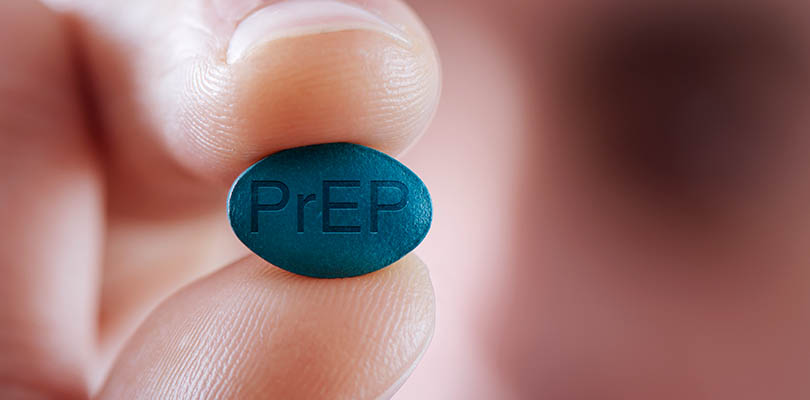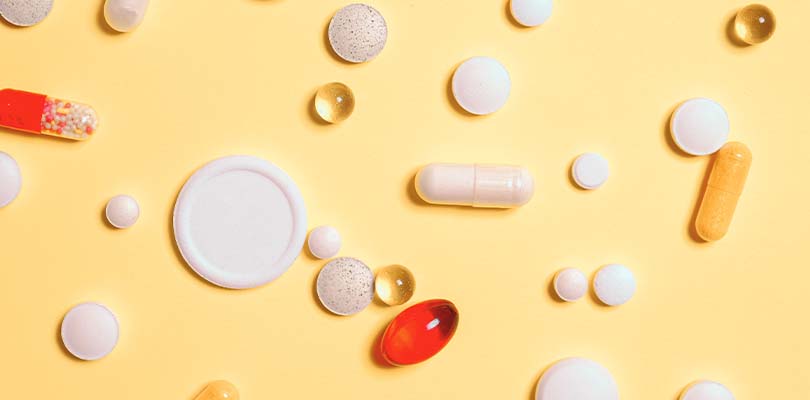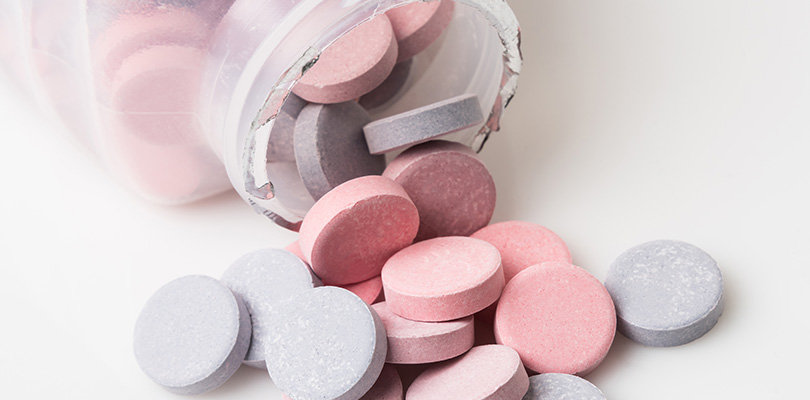How to Treat HIV
HIV can be a difficult virus to deal with. However, if one has access to treatment, it’s possible to live a healthy, regular life.
What Is HIV?
HIV, or human immunodeficiency virus, is an autoimmune disease. Towards the late 1970s and the early 1980s the virus started to spread around the world.
According to the CDC, “HIV is a virus spread through certain body fluids that attacks the body’s immune system, specifically the CD4 cells, often called T cells. Over time, HIV can destroy so many of these cells that the body can’t fight off infections and disease.”
When left untreated, HIV can cause a person to develop AIDS. This happens when opportunistic diseases or even cancers take advantage of the weak immune system.
The Goal of HIV Treatment
HIV is a virus that can progress through three different stages without treatment.
The main goal of HIV treatment is to either slow the progression of the virus or stop it altogether, and in order to do this, the viral load in one’s system must be lowered. This is usually achieved through antiretroviral therapy or ART.
Between stages one and two, if one sticks by their treatment, they can become undetectable. When a person’s viral load is undetectable, it means that not only can they live healthy, normal lives, there is no longer a risk of them spreading the virus. To maintain this status, one must take their medication consistently as prescribed.
Antiretroviral Treatment
The antiretroviral treatment works by stopping the virus from multiplying. The virus kills CD4 cells that fight infections. By stopping the virus from multiplying, it helps prevent the killing of CD4 cells.
Antiretroviral treatment helps make sure the immune system stays strong and can continue to fight infections. As we mentioned earlier, this also helps prevent the spread of the virus by decreasing one’s viral load.
HIV medicines are divided into classes based on how they fight HIV. At the start of a treatment regimen, a patient may be given three different medicines from at least two different classes.
Side Effects of HIV Medicine
HIV medications can have side effects. Older HIV medications had serious side effects and were more common. Fortunately, newer released medications have significantly less serious side effects. Side effects also have the potential to escalate the longer a medication is taken.
Many times, these side effects are caused by the interactions between two or more medications. HIV medications may also interact with medications you may be taking to treat something other than HIV. For this reason, it’s important to let your doctor know if you’re taking any other medications regularly.
Many people consume multivitamins, but do multivitamins work? Here you'll find out if they're worth the money and if they offer any health benefits.
The specific side effects that one may experience largely depend on which medication a patient is taking. According to Healthline, some of the side effects include:
- Appetite loss.
- Lipodystrophy.
- Diarrhea.
- Fatigue.
- High cholesterol.
- Mood changes.
- Nausea and vomiting.
PrEP as Prevention
There are now drugs that can be used to prevent the contraction of HIV as well. Pre-exposure prophylaxis (PrEP) can be prescribed to those who are at a high risk of contracting HIV. It works by stopping HIV from taking hold and spreading throughout your body.
PrEP, also known as Truvada, is taken daily and is highly effective in stopping the contraction of HIV from sex or IV drug use. If it isn’t taken consistently, it is much less effective.
PrEP is a combination of two different HIV medications: emtricitabine and tenofovir. This combination is what makes up Truvada. It is used for those who are HIV-negative. Before you are prescribed Truvada, you’re required to take a blood test to ensure that you’re HIV-negative. You generally find out your results within minutes.
According to the CDC, “Studies have shown that PrEP reduces the risk of getting HIV from sex by about 99% when taken daily. Among people who inject drugs, PrEP reduces the risk of getting HIV by at least 74% when taken daily.”
Is There a Cure for HIV?
Unfortunately, there is no cure for HIV as of yet. Many studies are being conducted to find a vaccine or cure for HIV. As of right now, there is no cure for HIV.
Living with HIV
In the past, HIV and AIDs were practically a death sentence. When the epidemic first occurred, it affected countless communities throughout the world, treatment options were scarce, and an undetectable status was unattainable. Also, the queer community during the initial epidemic was disproportionately affected as well.
In recent decades the reality has changed. Now, with treatment from a medical professional, one can live a happy, healthy, and normal life when they’re HIV-positive.
The earlier HIV is caught, the easier it will be to treat. This is why it’s important to know your status and to be tested regularly. Now that people can become undetectable with treatment, this helps further prevent the spread of the virus. For those who are HIV-negative, PrEP is now an option even further to decrease the likelihood of contracting HIV.
For decades society struggled to combat the virus, but now we’re finally able to fight back!







